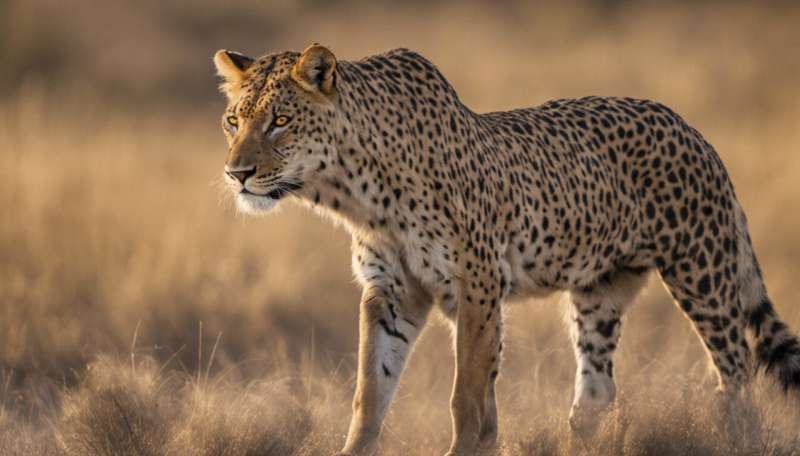Banning trophy hunting imports won't save the world's wildlife

Well-meaning celebrities and MPs recently published in the Guardian, calling for a ban on trophy hunting imports into the UK. To the novice conservationist, this surely sounds like a good thing, right? After all, trophy hunting kills animals so how could it possibly be good for conservation?
Unfortunately, these arguments are, at best, ill-informed and, at worst, they divert attention from the most pressing causes of biodiversity loss.
The Guardian letter states that, over the last decade, hundreds of trophies have been imported into the UK. The lists the number of trade-restricted wildlife products entering and leaving a country. A quick perusal of it shows that, between 2008-2017, the UK imported more than 800 CITES-listed trophy products, averaging fewer than 100 trophies imported per year.
To put this into perspective, are thought to be illegally poached every two days for their ivory, meaning the elephants killed for trophies and imported into the UK are an infinitesimally small number compared to the massive threat of poaching.
Poaching for the illegal ivory trade is not the same thing as legal trophy hunting and, while every death counts towards the decline of a species, we must not forget that trophy hunting helps reduce the greatest threat to terrestrial mammals: .
Trophy hunting is a red herring
Don't get me wrong, trophy hunting is morally repugnant. I cannot understand why anyone would want to kill an animal for fun – just as I can't understand why anyone with other dining options would eat an animal, as we don't need meat to survive.
, it makes sense to ban trophy hunting imports if the goal is to provide the greatest good for the greatest number of animals. But there are issues with this line of reasoning.
Habitat loss, where land is converted for human use, remains the biggest driver of . Hunting reserves retain natural land for the benefit of trophy species like zebras and impalas, as well as a whole host of other biodiversity, such as birds, plants, insects and small mammals.
In effect, trophy animals become martyrs killed so other wild animals can benefit from the ever-dwindling resource of land.
By diverting attention from these more pressing causes of wildlife decline by focusing on banning trophy imports, we may be left patting ourselves on the back and thinking that we've done our part for conservation and can all go home. I wish conservation needed such an easy fix, but sadly that is not the case.
If these animal-loving politicians and celebrities are serious about conserving wildlife, they may be more effective focusing their energy towards the much bigger issues of , the and the ever-expanding threat of .
If we addressed these more drastic problems we would likely save far more animals from untimely death while ensuring we have wildlife populations for generations to come.
If we really want to on biodiversity loss, we may (excuse the pun) have much more bang for our bucks if we , held politicians accountable for the UK's and reduced our of goods.
Like the signatories of the Guardian's letter, I too want to protect the world's wildlife. But let's not kid ourselves into thinking red herrings like banning UK trophy hunting imports will be the silver bullet needed for addressing the sixth mass extinction. Knee-jerk reactions, while imbued with noble intents, will not save lions, elephants and rhinos.
Provided by The Conversation
This article is republished from under a Creative Commons license. Read the .![]()














